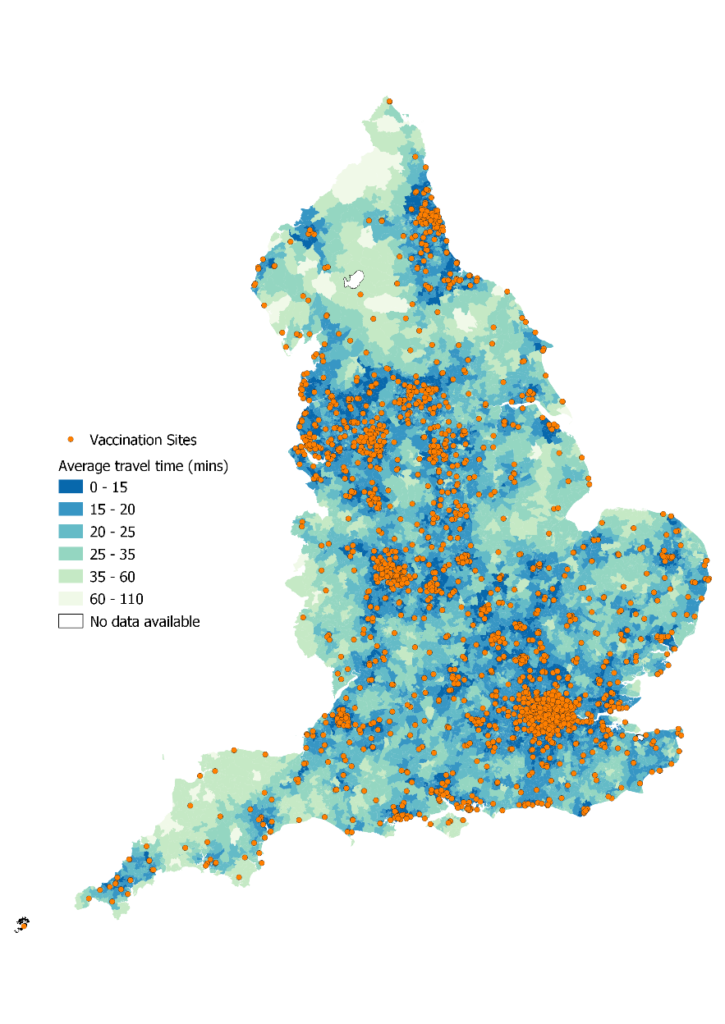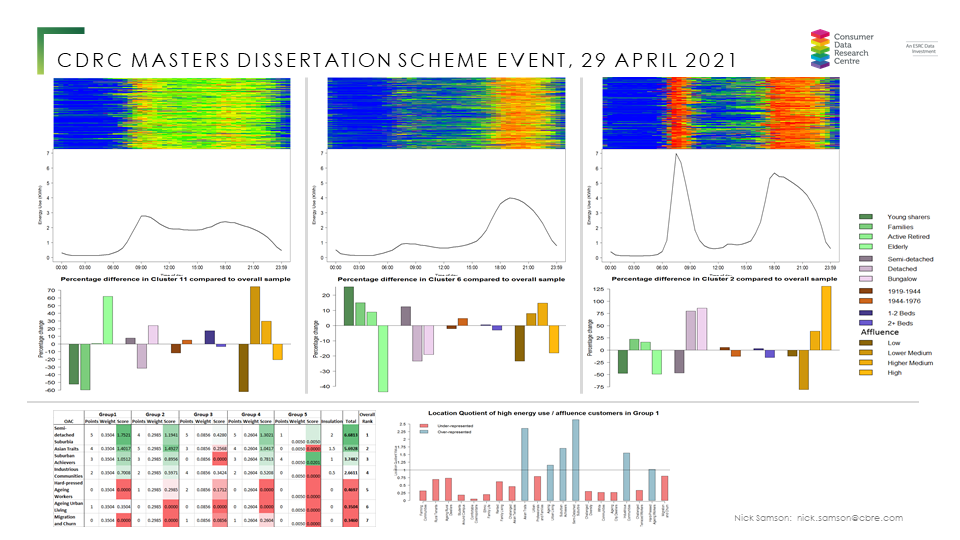Disa Ramadhina, winner of the Best Dissertation Award 2021, shares her experiences and insights about participating in the CDRC Masters Dissertation Scheme.
What attracted you to working on a project in partnership with the Consumer Data Research Centre (CDRC?)?
Prior to studying the MSc Business Analytics program at UCL, I studied Psychology at King’s College London, so I’ve always been interested in the topic of consumer behaviour. Therefore, applying to a project in partnership with the CDRC was a natural next step.
I came across the CDRC – a centre which leads engagement between industry and academia – through the MSc Business Analytics Program Director, David Alderton. I was particularly drawn to the project topic by Entain. I was unfamiliar with the company at first, until I realised they owned the big-betting brands Ladbrokes and Coral. Having been in London for four years, I’ve definitely come across their betting shops while walking around the city.

Ultimately, the opportunity to analyse consumer behaviour and knowing that Entain is a leading company within the gaming and sports-betting industry was what motivated me to apply to their project in partnership with the CDRC.
What problem or need was investigated through the student consulting project?
The pandemic-driven changes in consumer behaviour led to the hypothesis that, during lockdown, a lot of Entain’s new online customers have a retail background – meaning that they are retail customers who may have migrated online due to retail shop closures in the UK.
With methods of classification, we can predict whether an online customer has a retail background; and we found demographical and behavioural differences between groups of online customers with and without a retail background. While the findings of the project can be turned into strategic customer segmentation to generate higher revenue, it can also be used to analyse the differences in manifestations of problem gambling between the customer groups to create a more sustainable customer base. More on the project is available in my abstract.
How do you think the skills that you learned on the MSc Business Analytics program helped you support Entain?
The project was dependent on the use of programming tools which I had no prior knowledge in before the course. Particularly, the modules Statistical Foundations of Business Analytics, Marketing Analytics, Programming and Predictive Analytics helped me support Entain throughout the project as it taught me to utilise R and Python to analyse data, and to train machine learning models. Not only that, but the way the course organisers dealt with the pandemic and structured the online learning taught me soft skills which helped me adjust to the ways of online working. This was particularly useful while conducting the project during the pandemic, and with the fact that the Entain team was based in Gibraltar while I was based in London.
Can you tell us a little about winning the best dissertation award?
After completing the project, I was notified by the CDRC that I was shortlisted for the 2021 cohort’s top three dissertations. I was invited to present my project alongside other shortlisted candidates, which was followed by a virtual prizegiving ceremony. Winning the best dissertation award was very rewarding, and I would like to share two lessons that I have learned:
1. Projects come in different shapes and forms
Having the opportunity to watch other candidates’ presentations of their projects gave me insights into what other students worked on for months, which were completely different to my project. This showed me that dissertation projects encompass a broad range of topics, which made me appreciate the scale at which analytics could be applied into.
2. The importance of communication skills
I learned that having communication skills is critical in dissertation projects. I thought, how do I present my results such that they are meaningful to the audience? Whether it be academics or business’ stakeholders, no matter how good the analyses are or how complex the methodology is, the project must be communicated well for others to appreciate it as much as you do.
When did you graduate and what have you been doing since you graduated?
I graduated from MSc Business Analytics in December 2021. Since then, I have been working as a Data Analyst at Entain in their Compliance/Safer Gambling Analytics Department. Within the role, I am responsible for managing end-to-end analytics projects relating to the management of customer journeys to promote safer gambling. The projects start with data extraction and analysis through SQL, R and Python, and end in translating the findings into actionable insights presented through PowerPoint or visualized through Tableau dashboards.

I would like to give special thanks to the Entain Gaming team – Piotr Smolinski, Joana Georgieva, and William Collins – for guidance and mentorship throughout the project; to the CDRC for the opportunity to work on the Masters’ Dissertation Scheme; and to David Alderton for the support from UCL as a Program Director and Personal Tutor.










